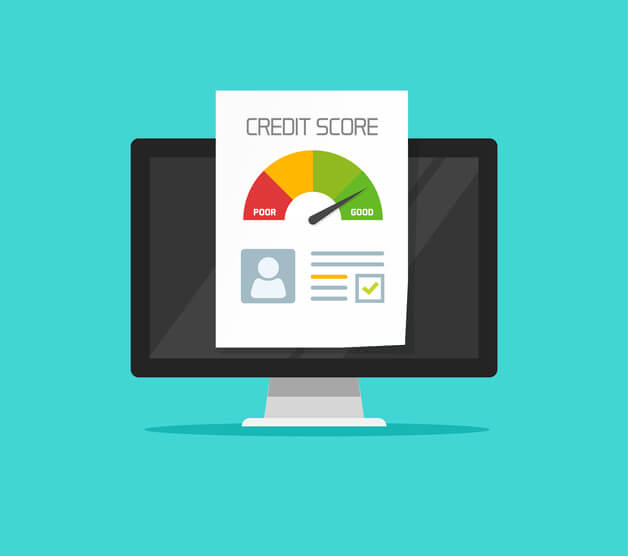Ready to build a better future? Apply now.
Personal loansA credit score is a three digit number from 300 to 850 that banks use to help figure out how likely you are to make payments on time. The higher the number, the better your score.
When people think of credit scores, they normally think about borrowing money or opening credit cards. You might not realize is that it’s not just banks checking your credit. Property managers, insurance companies, and employers might be checking your credit score to gauge your financial responsibility. Your credit score impacts a lot more than you may think.
Why is your credit score important?
The better your score, the more likely you are to get approved for things like credit cards, loans, housing, insurance, and more. A higher score also usually means better terms and interest rates. It can also lead to added benefits, like not needing to put down a deposit or provide collateral for certain things.
For example, your local gas and electric company may ask you to put down a small deposit if you have a short credit history or lower credit score. Deposits like this help assure companies that you’ll pay your bills on time. With a longer credit history and a better score, you might not have to put money down to open an account.
Your credit history is the record of all your accounts and payments used to create your credit report.
What goes into your credit score?
A lot goes into calculating your credit score, but it doesn’t have to be confusing. There are five things that influence your FICO® score:
- Payment history: Have you made all your payments (not just on your credit cards) in full and on time
- Amounts owed: How much you owe on all lines of credit
- Length of credit history: How long you’ve been building credit
- Credit mix: What types of credit do you have and how do you manage each type
- New credit: How many new accounts and recent credit checks you have
Important to know…
You might have several credit scores—and they probably aren’t the same. Seems confusing, but there are several credit bureaus and each one has its own way of calculating credit scores. They each use information from different sources. So you’ll usually see variations among your scores.
The information in this site, including any third-party content and opinions, is for educational purposes only and should not be relied upon as legal, tax, or financial advice or to indicate the availability or suitability of any Oportun product or service to your unique circumstances. Contact your independent financial advisor for advice on your personal situation.
Credit cards through Oportun subject to credit approval. Terms may vary and are subject to change. The Oportun® Visa® Credit Card is issued by WebBank. The Oportun Credit Card is open to all consumers, except for residents in CO, DC, IA, MD, WI, and WV. See the Oportun Cardholder Agreement or the Oportun Cash Back Cardholder Agreement for details, including applicable fees.
Personal loans through Oportun subject to credit approval. Terms may vary by applicant and state and are subject to change. If you refinance, you may pay interest over a longer period of time or at a higher rate and the overall cost of your loan may be higher. Loans in NM and WI are originated by Oportun, Inc. California loans made pursuant to a California Financing Law license. NV loans originated by Oportun, LLC. In AL, AK, AR, AZ, CA, DE, FL, GA, HI, ID, IL, IN, KS, KY, LA, MI, MN, MO, MS, MT, NC, ND, NE, NH, NJ, OH, OK, OR, PA, RI, SC, SD, TN, TX, UT, VA, VT, WA and WY loans are originated by Pathward®, N.A.. Terms, conditions, and state restrictions apply.
You might also like










